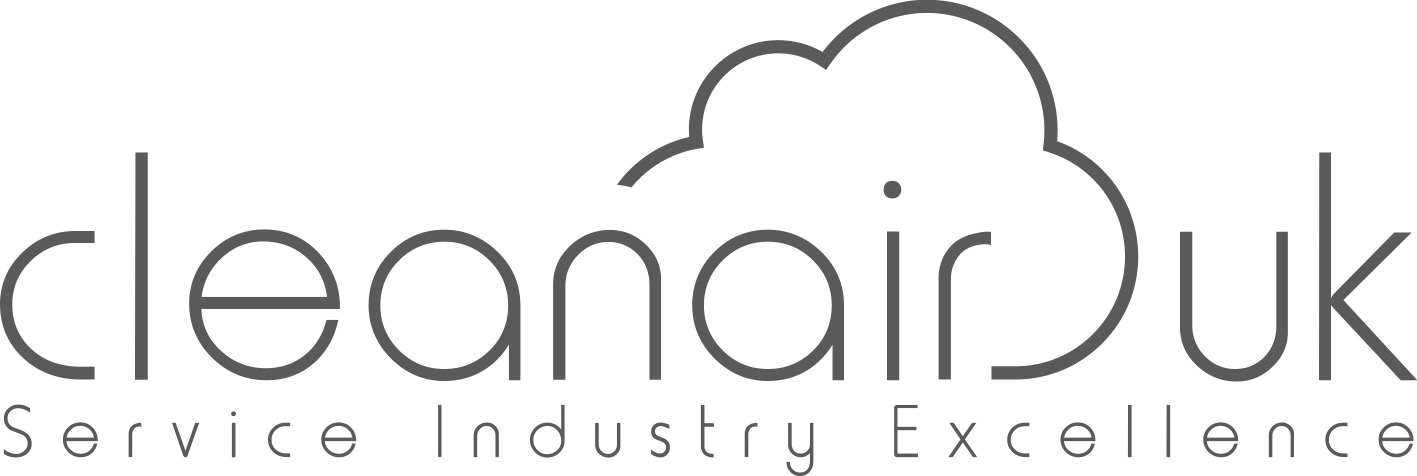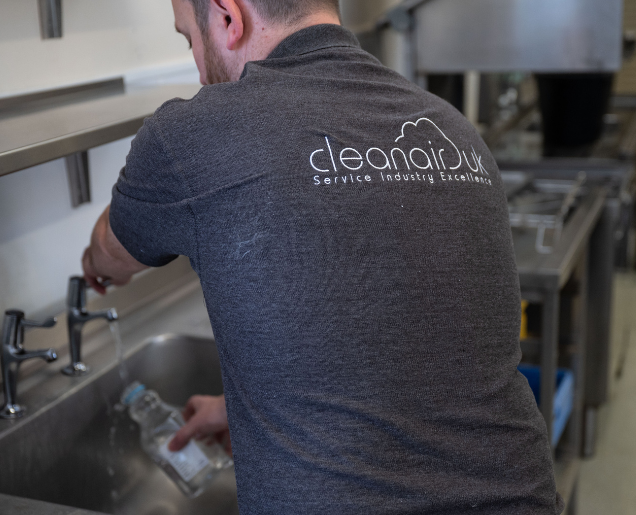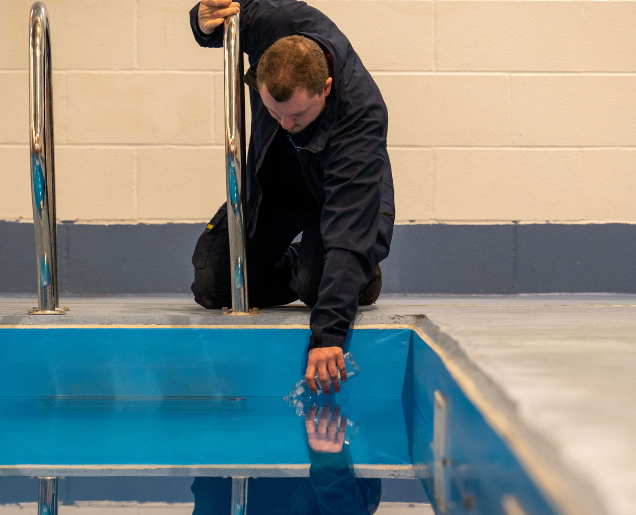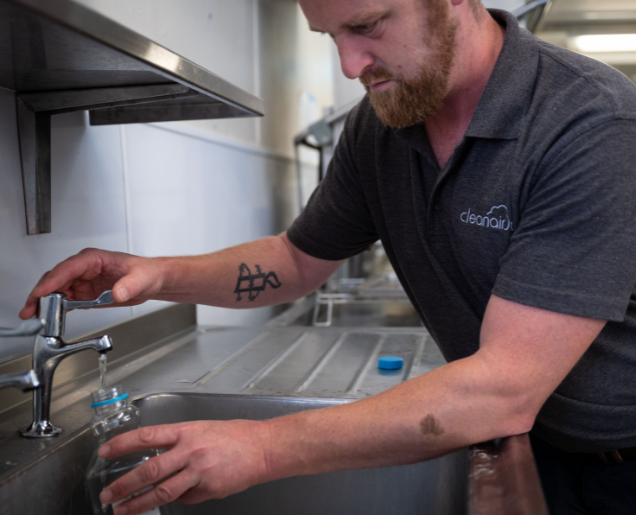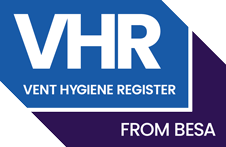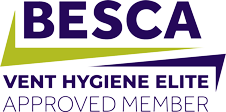Looking for companies for the cleaning and servicing of my kitchen canopy and ducts I found, via Google, overpriced local traders. I am so glad I looked on the BESA website and came across Clean Air Ltd. The lads you sent round were polite and did a good job. I was so confident in your pricing and work I recommended Clean Air to my church for their kitchen work. God Bless you all.
Legionella testing provides an additional level of legionella risk management which is in accordance with industry guidance and approved codes of practice (AcOP). A legionella sample would be taken in accordance with AcOP L8 & BS 7592:2008 ‘Sampling for Legionella bacteria in water systems’.
As well as Legionella testing, as standard we provide additional water sampling for E.Coli, Psuedomonas & Total Viable Counts (TVC’s) of water based bacterium, to provide complete peace of mind.
All of our samples are analysed by UKAS accredited laboratories. Samples are delivered to our labs on the same day as sampling is carried out. Results are reported with recommendations and full technical backup.
